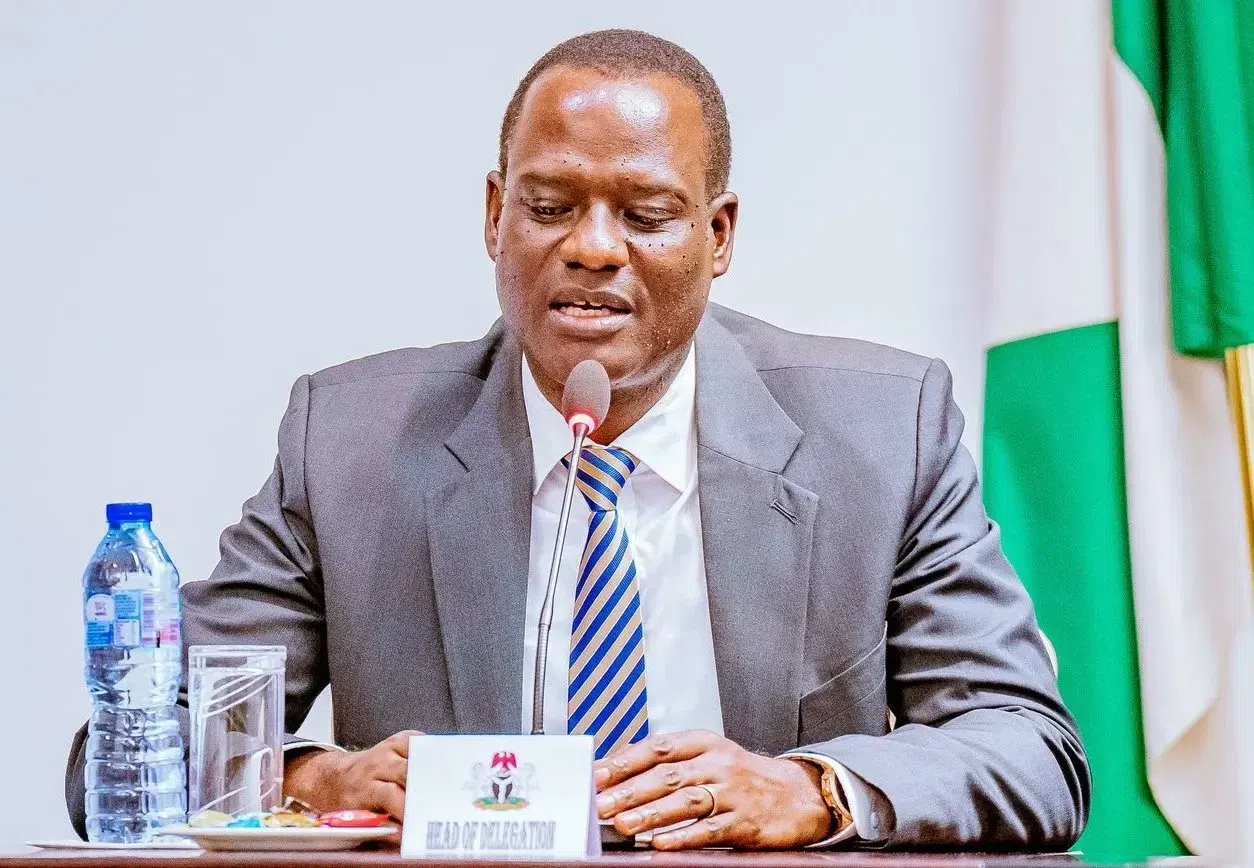Nigerians earning less than ₦250,000 per month will no longer pay income tax from January 2026. This was revealed by Taiwo Oyedele, Chairman of the Presidential Committee on Fiscal Policy and Tax Reforms.
The announcement follows President Bola Tinubu’s approval of four new tax bills aimed at improving the country’s tax system without increasing the burden on citizens. Oyedele explained that the new laws are designed to boost economic activity, reduce poverty and make the tax system more efficient and fair.
According to him, households with monthly earnings below ₦250,000 are now considered poor and should not be taxed. He noted that this decision was based on national data and the realities of the average Nigerian household, which typically consists of five people with two income earners.
Oyedele said the new tax reforms are “people-focused” and aim to stop the government from taxing poverty. He clarified that the reforms would not put extra cash in people’s pockets but would prevent the poor from losing what little they earn to taxes.
He added that middle income earners, those earning between ₦1.8 million and ₦2 million monthly, would also enjoy a reduction in tax rates, while only high-income earners would see a slight increase.
Currently, Nigeria collects only about 30% of the taxes it should. Oyedele said the new tax laws would also help close this 70% revenue gap by improving compliance and tracking tax evaders.

